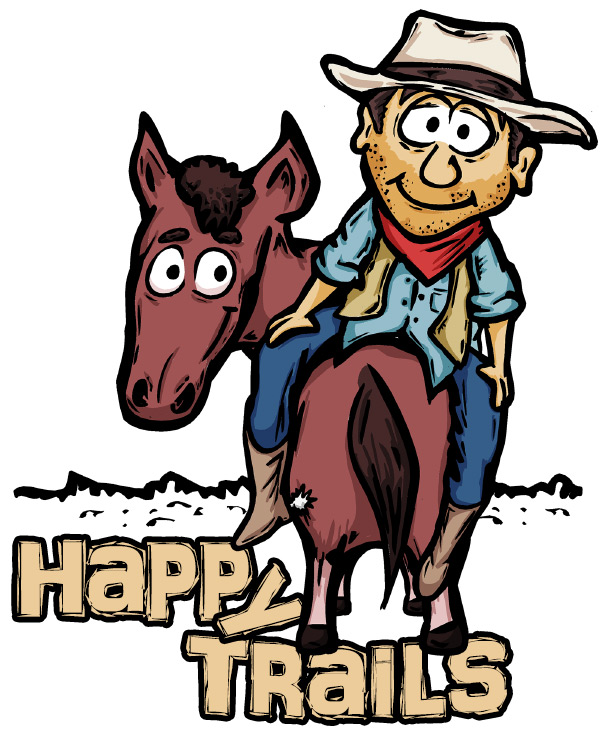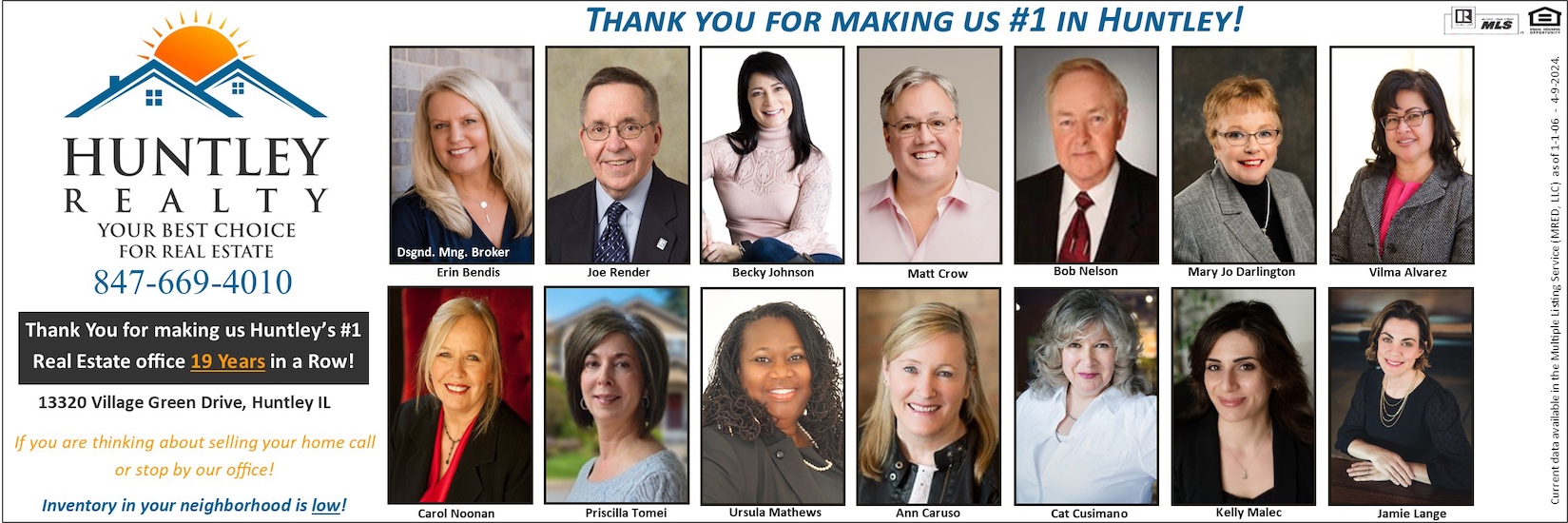Recently My Huntley News’ ethics were called into question by a couple Facebook users who took issue with how we sourced quotes for a recent story. Their grievances generated some Facebook chatter, and as I watched the opinions roll in, I thought how opposite our critics’ actions were to how professional journalists pass information to the public.
In this instance, MHN Lead Reporter Michelle Moreno, with permission, used a friend’s profile to post a question to a Facebook group for a recent story. Michelle clearly identified herself and her intentions. A couple respondents, though, were later shocked to find their words in print, assuming Michelle had “lifted” their comments without permission from a group chat, though Michelle was the author of the question and clearly stated it was for My Huntley News.
A “real-world” example would be:
Let’s say a reporter wanted to gain access to a members-only club, maybe a country club, to ask questions of the members. If the reporter snuck into the club and posed as a member, asked questions, gathered additional info (maybe an overheard and private conversation), and later reported it, that would be highly unethical. However, if said reporter was invited into the club by a member or was allowed to use someone’s membership, introduced himself or herself and identified himself/herself as a reporter and stated he/she wanted to ask questions for XYZ News, then this is ethical. The members approached by said reporter have a right and choice to not respond or deny comment.
The buzz these Facebook users generated was loaded with misinterpretation, mistakes, misunderstanding, and (the very popular) missteps. Basically, a lot of “misses.” Some tapping very close to libel. Worse was that the comments invited others to slide easily into the error with more comments, perfectly demonstrating how misinformation spreads.
I forgive these users for the confusion. It’s a newspaper’s job to communicate effectively to its readership, and I fully admit we could have been clearer in our approach. And we’ve taken steps to correct that, which will only make this media company and our local coverage stronger, more accurate, and more thorough. So for that I thank them for their feedback and apologize for the confusion.
But our admission doesn’t relieve these Facebook users from the responsibility of their actions, actions you rarely see committed by professional journalists. Pro journalists are trained to “report” NOT “react.” A few minutes of research would have dampened much of the accusation before being “taken to the public.” The whole thing was a perfect display of the much larger issue of ethics in social media…or lack of.
In a recent phone interview regarding the matters described above, Society of Professional Journalists Ethics Committee Member and Former Chair Andy Schotz explained, “What the public does [on social media] isn’t necessarily journalism. And they’re not necessarily trying to be [journalists].”
SPJ is a leading organization for news media and journalists around the world. In addition to abundant resources, they offer a strong code of ethics that Schotz said “are an aspirational set of guidelines” for media companies and journalists to reference.
“They’re principles for people to consider and ask themselves questions before they make decisions,” said Schotz, clarifying, that they’re “principles for how to do journalism.”
But in terms of social media, Schotz added, “The principles can carry over. And actually they’re good principles for anybody who is receiving information and gathering information and sharing information.”
(SPJ’s Code of Ethics can be found by visiting spj.org and clicking on “ethics” near the bottom of the landing page.)
I approached Schotz because while I’m pretty confident in my and My Huntley News’ ethics, it’s been a while since I’ve opened a media-ethics book, and I wanted to cross my Ts and dot my Is before I brought this argument to a crowd that’s approximately thirty times larger than the reach of our critics.
“A friend of mine posts this on Facebook all the time,” Schotz said, “’Remember, folks, when you see something, check it out before you share it because what if you’re wrong?’ Very few people will follow that. It’s more of just instinct, knee-jerk reaction…. Then you send it off to other people and you share your outrage and want them to be outraged, too. The conversation snowballs before anybody has the chance to say, ‘Well, wait a second. Do you know if that’s true?’”
Schotz believes this reflexive action is symbolic of the culture we live today, where people look for information that reflects their beliefs.
“It would be great if people could step back and think before they talk or share or act, but they don’t. So if your question is do they [some social-media users] follow principles of journalism, pretty much, no, they do not.”
Nor do I personally expect random Facebook or social media users to practice good journalism, and by “journalism,” I mean offering information and/or commentary on a public platform. But I think there are some social-media users who would benefit to employ reserve.
“What I’ve seen,” Schotz said, “are campaigns that are aimed at the general public under the scope of media literacy.”
According to Schotz, one such campaign is being conducted by an organization called News Literacy Project (newslit.org).
“They are looking at people not on how you can be a good journalist…but how could you be a good news consumer,” said Schotz, emphasizing the importance of being skeptical of information and searching the source of information.
I’m a big believer in turning weaknesses into strengths. I saw this firsthand with our Facebook critics when one proved their fact-checking ability. This user attempted a rather thorough investigation into My Huntley News and Lead Reporter Michelle Moreno and the profiles she uses on Facebook, though it was after the fact and still not quite accurate because this user “uncovered” what was very openly known (and I should emphasize this user was only able to make their deductions because the info was openly known). Still this user demonstrated a rather impressive skill for sleuthing and turned over in an IM an investigation complete with photographs, screen shots, and testimony from other FB users.
I appreciated criticism. No matter the form it takes, I view all criticism as constructive, and I honestly apologize for any confusion we may have caused on our end.
What most separates a good news organization from a bad one, a good journalist from a bad journalist, an ethical and/or diligent journalist from an unethical and lazy journalist is their ability and want to improve. One of the biggest ways any news organization could improve is constant feedback from its readers. We, in fact, depend on it, so I, as the publisher and owner of this media company, invite your feedback and communication. We’ll take it seriously.
(Editor’s note: I would like to add what has already been reflected in the praise we’ve received from people who’ve been interviewed by MHN’s Michelle Moreno. Michelle Moreno is probably the most conscientious reporter I’ve worked with in a career of more than twenty years. She is diligent, thorough, and most importantly respectful to everyone she interviews and/or interacts with. Is she perfect? No. Does she make mistakes? Of course. But is she honest? Absolutely. Honesty is the core of good journalism, and I’m proud to have Michelle Moreno represent My Huntley News on a public platform.)





